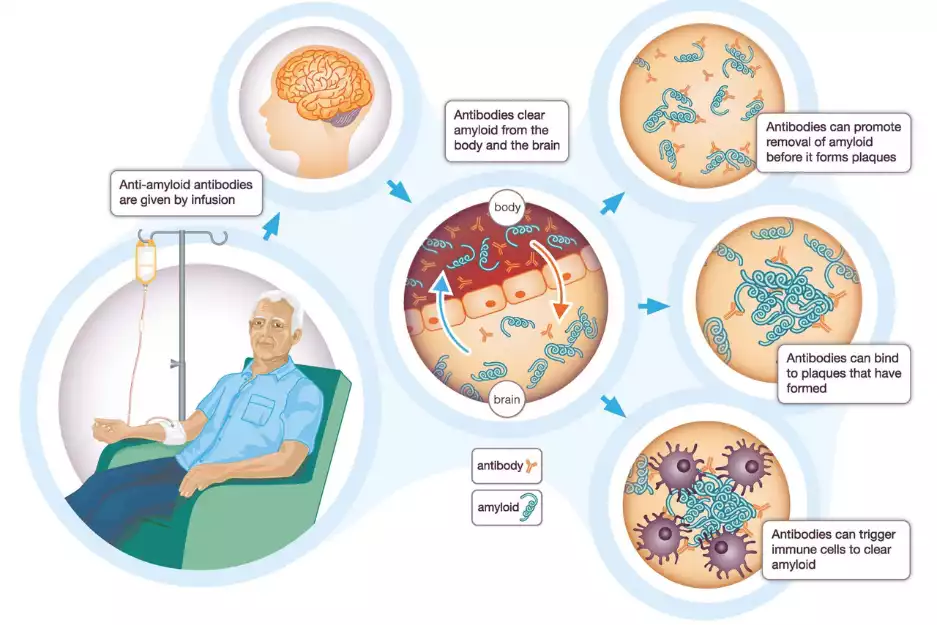-
AllAnytime Fitness Gym Art Beer Of The Week Blog Bus Fares Bus Service Business Business Expo C2C Care Care Home Charity Children Christmas Cinema City Status Cliffs Pavilion Cliffs Pavilion Review Cocktail Recipes College Community Competition Construction Coronation Coronavirus Dannielle Emery Design Easter Education Electoral changes Leigh on sea Emma Smith Employment Emsella Chair Environment Essex & Suffolk Water News Essex Police Essex Wildlife Trust News Events Family Fun Fashion Festival Film Finance Fitness Food Food & Drink Football Foulness Bike Ride Fresh Face Pillow Company Gardening General Election Hair & Beauty Halloween Harp Havens Havens Hospice Havens Hospices Havens Hospices Health & Fitness Health & Beauty Health & Fitness Healthwatch Southend Historicaleigh History Holidays Housing Indian Indirock Jubilee Karen Harvey Conran Kids Kids Blogs Kids Competitions Kids Reviews Lazydays Festival Legal Legal Eagle Leigh Art Trail Leigh Folk Festival Leigh Library Leigh On Sea Finds Leigh Road Leigh Town Council Leigh Town Council Press Release Leigh on Sea Leigh on Sea Sounds Leigh on sea Folk Festival Leigh on sea Marathon Leigh on sea Town Council Leigh on sea man breaks marathon record Leigh on sea news Lifestyle Livewell Southend Press Release LoS Shop London London Southend Airport Los Shop Marathon Melinda Giles Mortgage Angel blog Mortgages Motherofalloutings Mughal Dynasty Music My Mortgage Angel MyLoS NHS News News Newsletter Offers Outfit Of The Week Palace Theatre Parenting Parking Pets Picture Of The Week Pier Politics Press Release Press Release Southend City Council Professional Property Property Of The Week RSPCA Ray Morgan Re:loved Recipes Recycling Restaurant Restaurant Review Restaurants Review Roads Rotary Club Royal Hotel Royal Visit SAVS Schools Seafront Shopping Shows & Music Review Shows & Music Shows & Music Review Southend Southend Airport Southend Borough Council Press Release Southend City Bid News Southend City Council Southend City Council Press Release Southend City Council Press Release Southend Community Safety Southend Hospital News Southend In Sight Southend In Sight Southend In Sight Press Release Southend on Sea Sport The Mortgage Mum The One Love Project The Ship Hotel Theatre Theatre Blog Theatre Review Theatre review Transport Travel Travel Veolia Village Green Volunteer Weddings Whats On c2c
Could new drug really be the end for dementia?

This week marked a major turning point in the fight against dementia with the news that a new drug has been shown to slow down the progress of Alzheimer’s disease – the most common form of dementia.
Dr Richard Oakley, Associate Director of Research and Innovation at Alzheimer’s Society, said donanemab could signal the ‘beginning of the end’ for the diseases that cause dementia.
The full results of trials, announced on Monday, revealed the drug is able to slow down the progression of Alzheimer’s disease by over 20% for everyone who received donanemab on the trial. A slowing of 35% was seen in those in the earlier stages of the condition.
Alzheimer’s Society estimates there could be up to 720,000 people in the UK who could benefit from new treatments like donanemab should they become available.
It is hoped this marks the first step towards a future where Alzheimer’s disease could be considered a long-term condition, such as diabetes or asthma.
And while those diagnosed may have to live with the disease, they could have treatments that allow them to effectively manage their symptoms and continue to lead fulfilled lives for longer.
works with the body’s immune system to clear amyloid – a sticky protein that builds up in the brains of people living with early-stage Alzheimer’s disease and is thought to be involved in the causes of the disease.
Alzheimer’s Society was at the forefront of funding research into the role of amyloid in Alzheimer’s disease over 30 years ago – and continues to fund research that will be pivotal to unlocking yet more breakthroughs.
Here, the charity answers questions about the new drug, the importance of a timely and accurate diagnosis, and how to get support.
How does donanemab work?
It works with the body’s immune system to clear amyloid protein build up from the brains of people living with early-stage Alzheimer’s disease. These amyloid protein build ups are thought to be toxic to brain cells, causing them to get sick and eventually die, leading to the symptoms of Alzheimer’s disease.What tangible difference could donanemab make for people with Alzheimer’s disease and their loved ones?
Based on the latest results, donanemab showed evidence of slowing down the progression of Alzheimer’s disease by over 20%. A slowing of 35% was seen in those in the earlier stages of the disease. This represents a delay in symptoms getting worse of between 4.4 and 7.5 months.
How far off are we from treatments like these being readily available to the patients?
Realistically, 2025 is the earliest this drug might be made available via the NHS. We need decisions as quickly as possible from the regulators MHRA and NICE.
A drug will not become available in the UK or Europe without having strong evidence to show that it is both safe and effective as a treatment. As well as this, we need our NHS to be ready. We can’t be in a position where these drugs are available but people can’t get them early when they work best.
What is available for me if I have a different form of dementia?
Unfortunately donanemab, if approved, would only be available for people living with the early stages of Alzheimer’s disease. There are no treatments available which stop or slow down the progression of other diseases that cause dementia. This is why continued and increased investment into dementia research is absolutely crucial.
What is the difference between dementia and Alzheimer’s disease?
Dementia is a condition where problems with memory or other types of thinking make it hard for a person to do everyday activities by themselves. It can be caused by many different diseases that affect the brain. Alzheimer’s disease is the most common cause of dementia, accounting for around 60% of those with the condition. Other types include vascular dementia, Lewy body dementia and frontotemporal dementia.
Why is getting a diagnosis important?
A diagnosis can be daunting but nine in 10 people told us they benefitted from getting a diagnosis. Getting a timely and accurate diagnosis of dementia can give you a better understanding of the condition and what to expect. It can also help you unlock access to treatments, support and care. Alzheimer’s Society is a vital source of support for everyone affected by dementia. If you need help, visit alzheimers.org.uk or call 0333 150 3456 to speak to one of our expert Dementia Advisers. To get a free Alzheimer’s Society symptoms checklist which you can use to discuss your symptoms with your GP, visit alzheimers.org.uk/checklist
Can I get involved in dementia research?
Yes, you can. In fact, we will only see progress in clinical trials for new treatments if people from all backgrounds have the opportunity to join them. It’s not all about taking new drugs or having invasive tests, some trials are as simple as answering surveys and anyone over 18 in the UK can sign up. If you would like to know more, search ‘Join Dementia Research’ or visit Alzheimer’s Society’s website.
ADD A COMMENT
Note: If comment section is not showing please log in to Facebook in another browser tab and refresh.
























